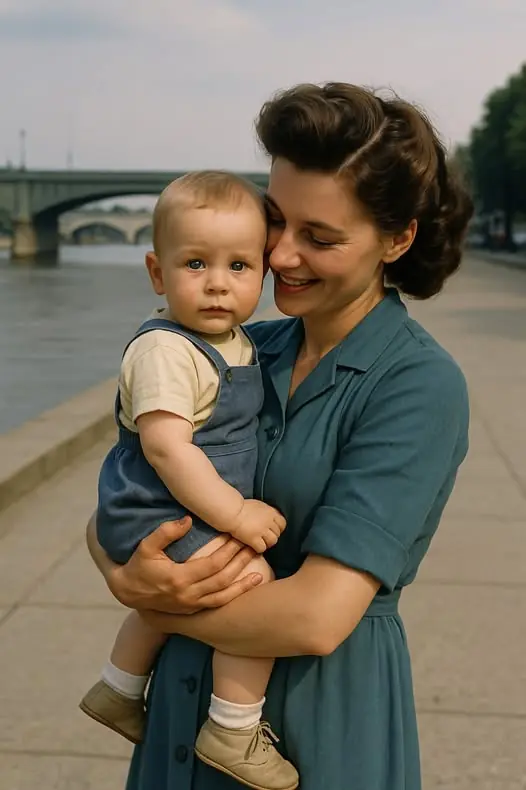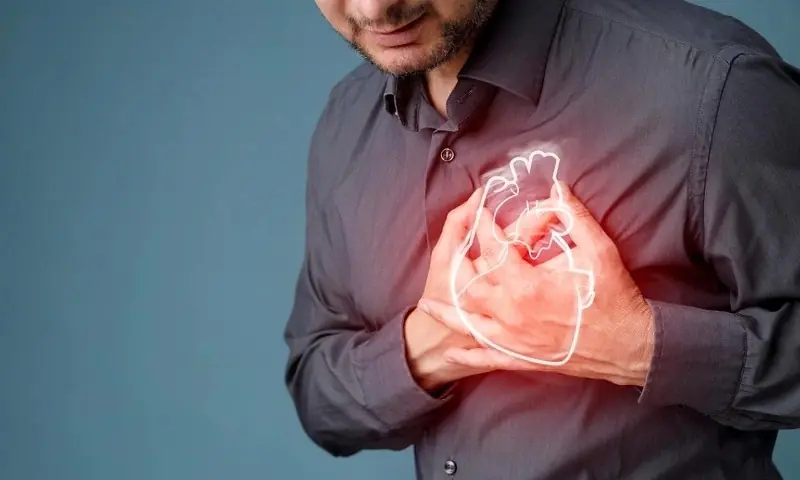
New Research Finds a Way to Treat Late-Stage Cancer—Bringing Hope to Millions
For decades, late-stage cancer has been considered a near-impossible challenge for medicine. Once cancer spreads throughout the body, treatments like chemotherapy, radiation, or surgery often become less effective, leaving patients with limited options. However, a groundbreaking new study has recently offered a glimmer of hope. Scientists may have discovered a novel way to treat advanced cancer—one that could change the future of oncology and bring new life to millions of patients who once had none.
The research, conducted by an international team of oncologists and molecular biologists, focuses on a revolutionary approach that combines immunotherapy and genetic reprogramming. Immunotherapy, already known for helping the immune system fight cancer, has now been enhanced by new genetic tools that “teach” immune cells to recognize and attack even the most resistant tumors. The method involves modifying specific immune cells—known as T-cells—so they can identify cancer cells that normally hide from the body’s natural defenses. Once trained, these cells are reintroduced into the patient’s bloodstream, where they actively hunt and destroy cancer cells throughout the body.
This breakthrough was first tested on patients with late-stage lung, liver, and pancreatic cancers—types that are notoriously difficult to treat. To the surprise of researchers, many patients showed significant tumor shrinkage and improved survival rates, even when previous treatments had failed. Some patients who were once given only months to live have now survived for several years with good quality of life. Doctors describe these results as “nothing short of miraculous.”
Dr. Elena Morales, one of the leading scientists on the project, explains that the success of this therapy lies in its precision. “Traditional chemotherapy attacks both healthy and cancerous cells, which causes severe side effects,” she says. “Our new method targets only cancer cells, leaving healthy tissues unharmed. This not only improves effectiveness but also reduces suffering during treatment.”
The implications of this discovery extend far beyond cancer care. Experts believe this technology could pave the way for personalized medicine, where treatments are custom-designed for each patient’s unique genetic profile. By analyzing a person’s DNA, doctors could predict how their cancer will behave and tailor therapies that match their specific biological makeup. Such precision could eliminate the “one-size-fits-all” approach that has dominated oncology for decades.
Of course, challenges remain. The therapy is currently expensive and requires advanced laboratory facilities, making it inaccessible for most patients. Large-scale clinical trials are still needed to ensure long-term safety and effectiveness. Moreover, some cancers may evolve to resist even genetically engineered immune cells. Still, researchers are optimistic that as technology advances, costs will decrease and accessibility will expand.
The emotional impact of this discovery cannot be overstated. For patients and families living under the shadow of terminal cancer, even a small chance at recovery can restore hope and courage. Hospitals around the world are now preparing to participate in follow-up studies, and governments are investing in research that could turn this experimental treatment into a standard medical procedure.
In the end, this discovery represents more than just a scientific achievement—it’s a human one. It reminds us that the fight against cancer is not over, and that progress often comes from the courage to challenge the impossible. Every new discovery, every life saved, brings humanity one step closer to defeating a disease that has caused so much pain and loss.
As Dr. Morales concludes, “Cancer may be strong, but human determination—and science—are stronger. We are finally learning not only how to treat cancer, but how to outsmart it.”
News in the same category


Important News for Everyone Who Loves a Daytime Nap
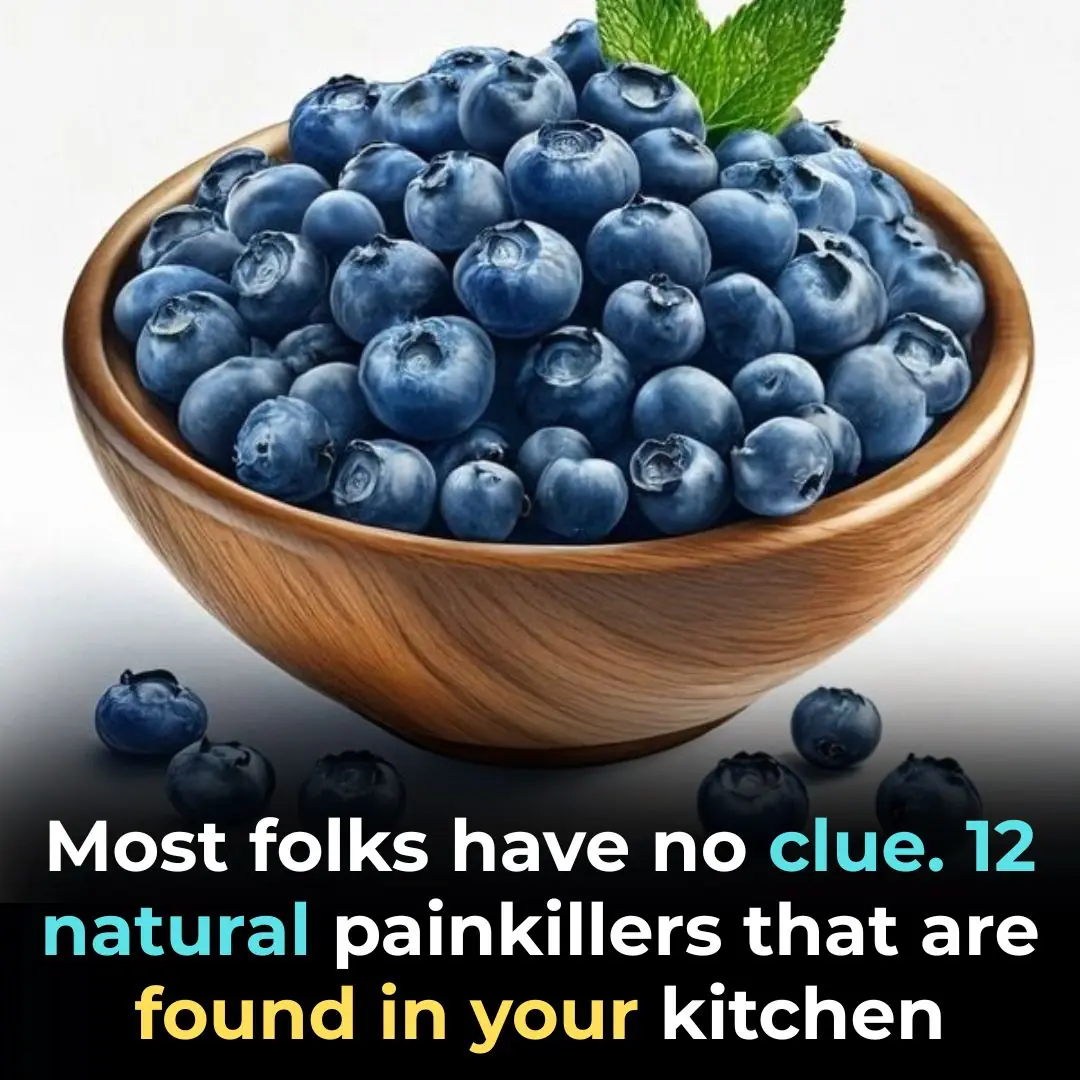
12 Powerful Natural Painkillers Found in Your Kitchen

11 Honey Remedies That Truly Work
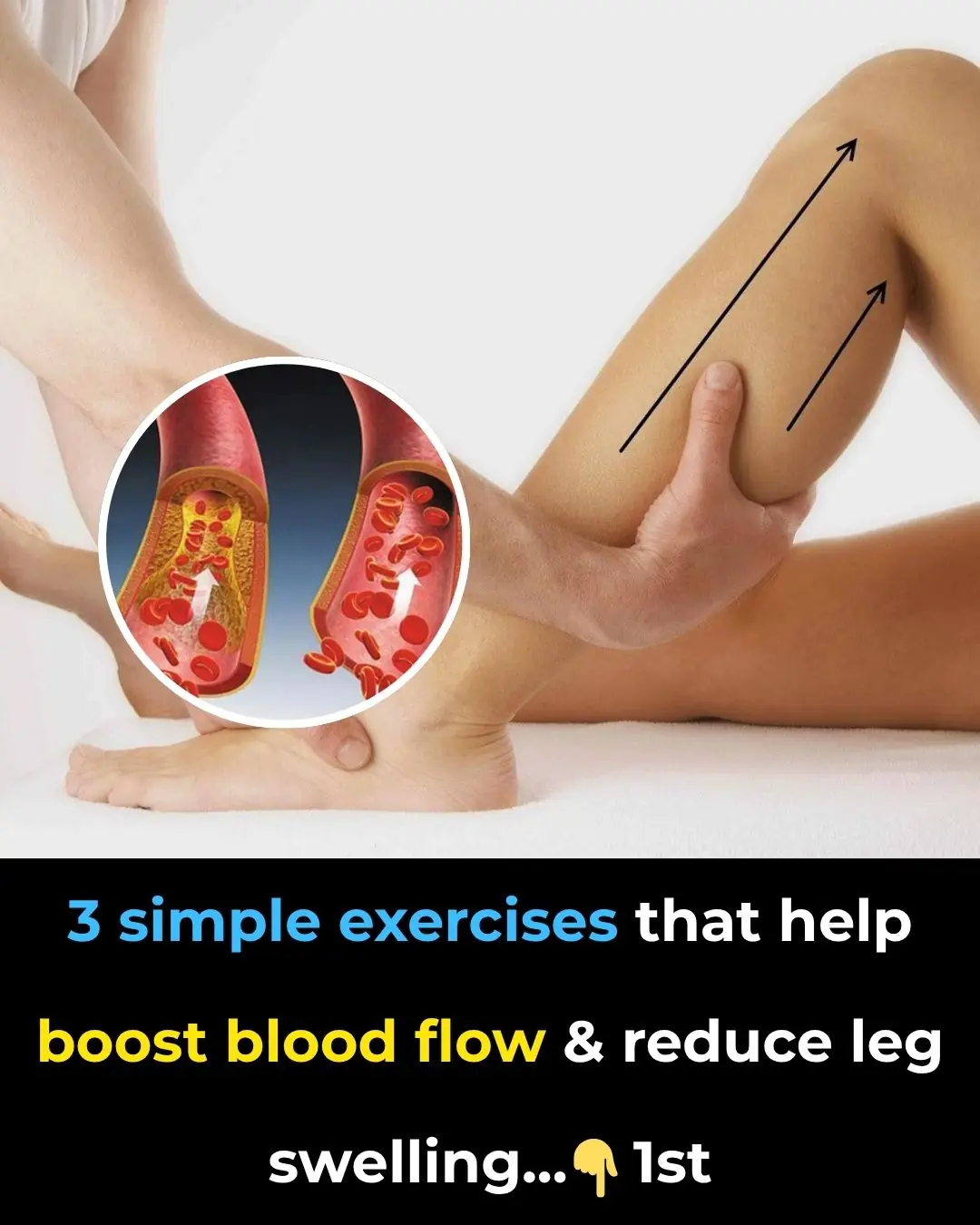
The only 3 exercises you need to improve leg circulation

For those who eat canned tuna: you should know that
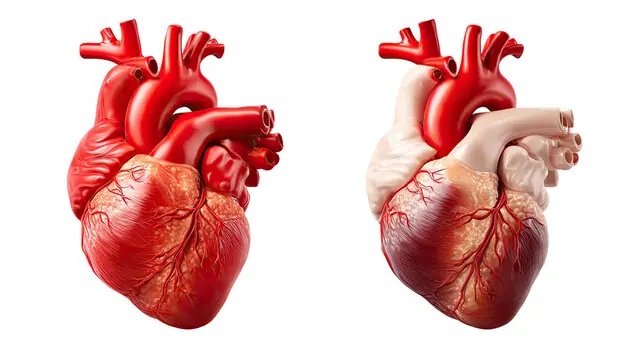
What Really Happens to Your Heart During a 5-Day Fast: A Day-by-Day Breakdown

The Magnesium Solution: 10 Essential Foods to Naturally Conquer High Blood Pressure

If You Have High Blood Pressure, NEVER Do This in the Morning

How to Make Alkaline Water to Fight Fatigue, Digestive Issues, and Cancer

Why Drinking Water on an Empty Stomach Is Beneficial
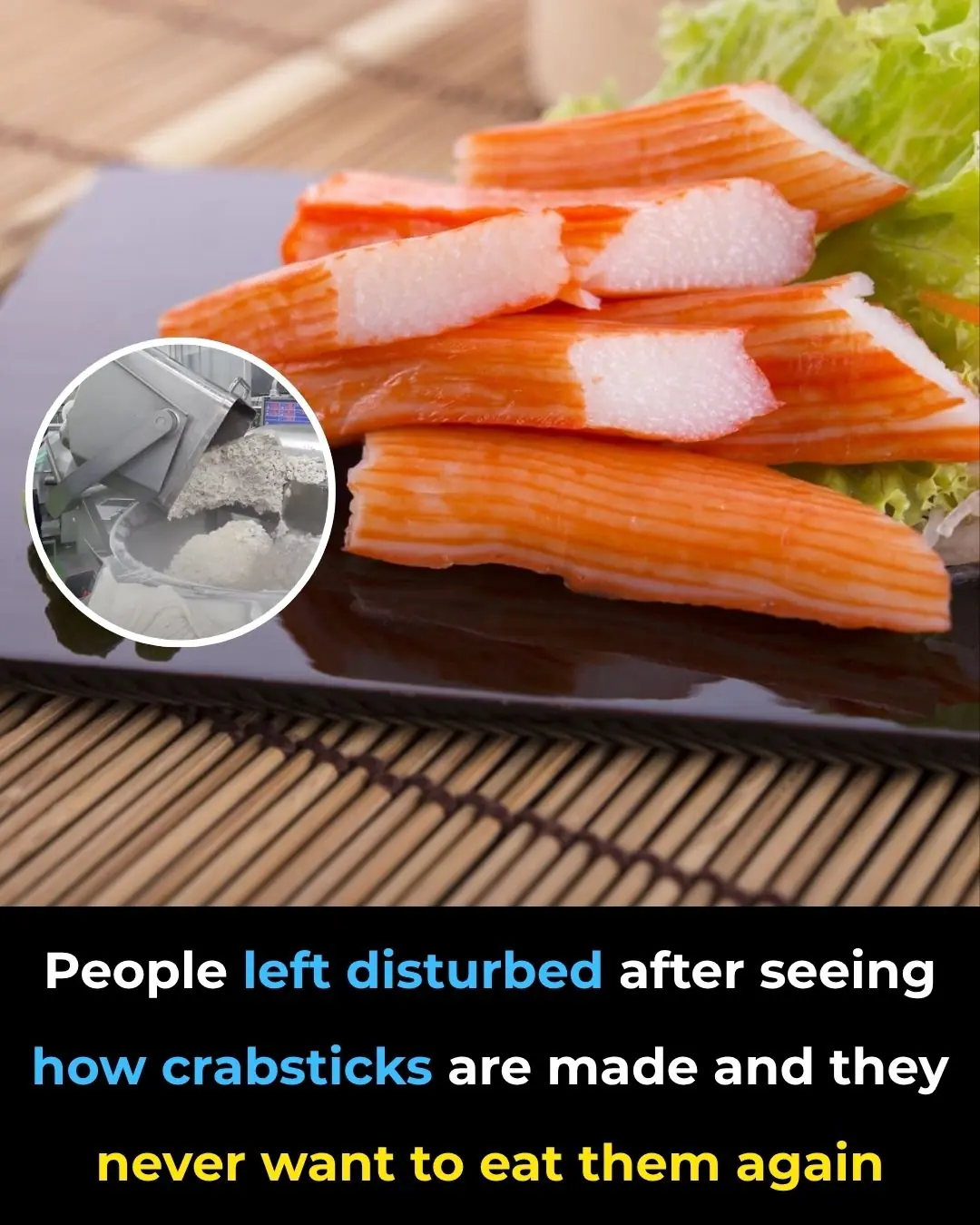
People Left Disgusted: Shocking Truth About How Crabsticks Are Made
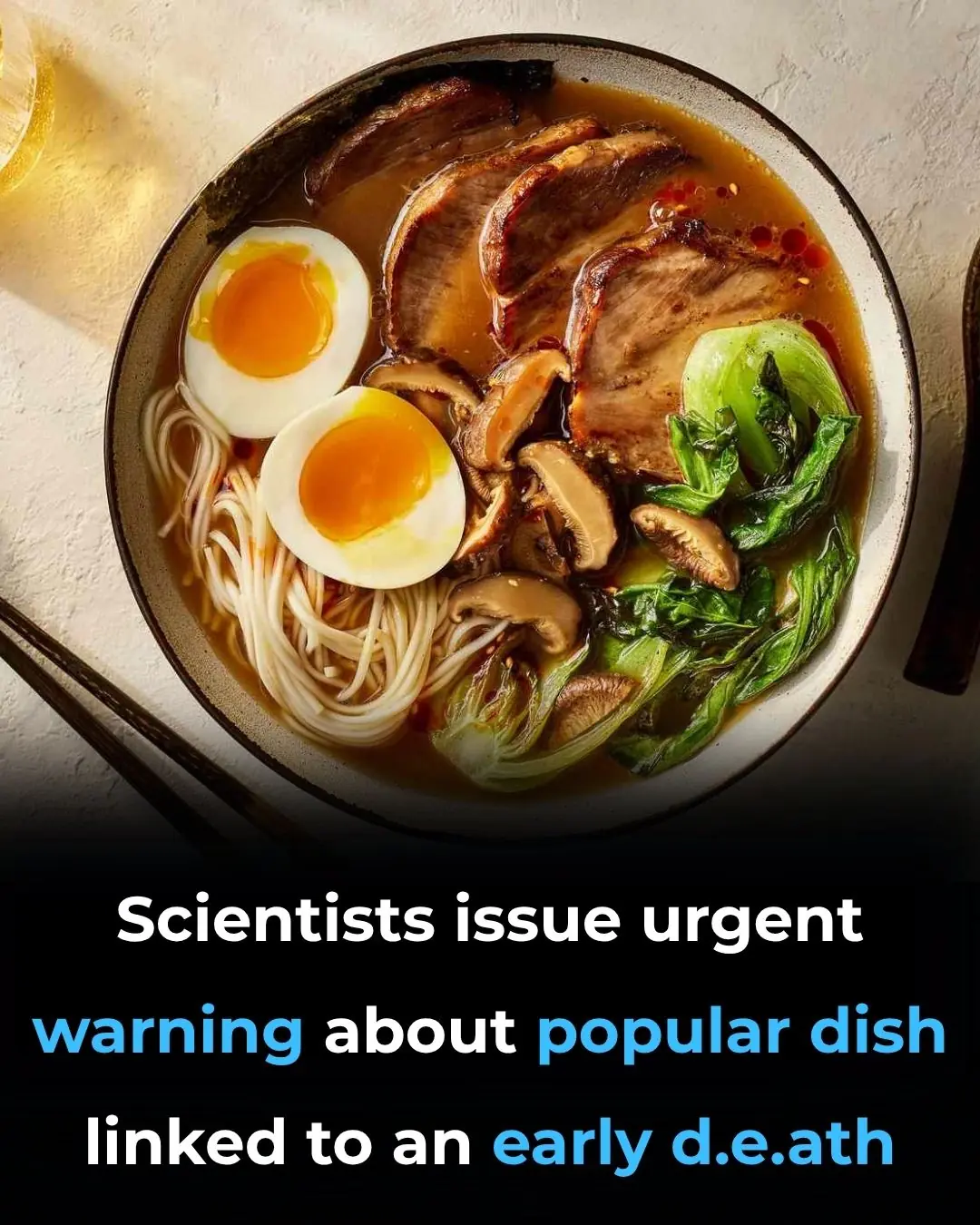
Alarming Study Links Eating Ramen Often to Early Death

This is what happens to your body if you eat eggs for breakfast.
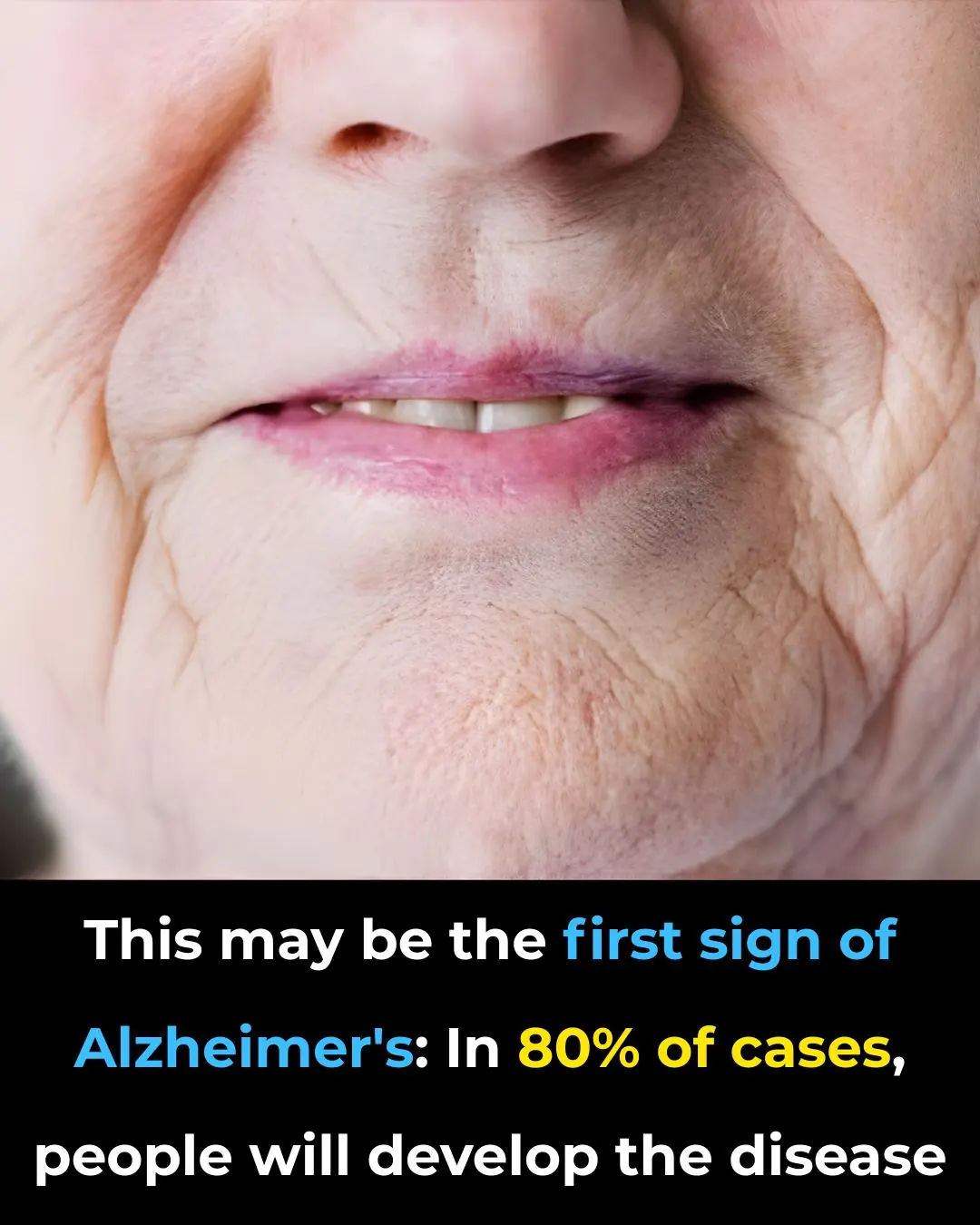
This may be the first sign of Alzheimer’s

3 types of cheap vegetables in the market help treat melasma effectively: Crush them and apply them to your face to see

10 Warning Signs Your Liver is Overloaded with Toxins Don’t Ignore These!
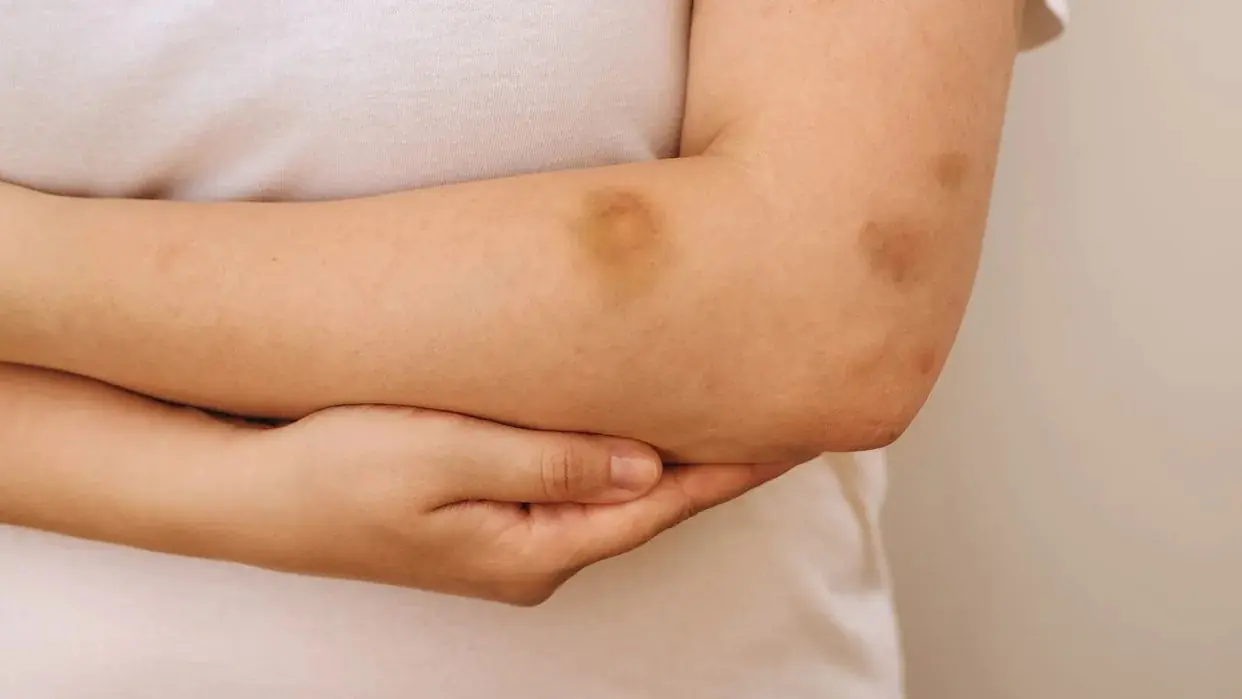
Doctors Urge: Don’t Ignore Unexplained Bruising These Hidden Reasons Could Be the Cause

Struggling to Sleep? A Famous Doctor’s 60-Second Trick Could Change Your Nights Forever
News Post

The Night Japanese Fans Taught the World a Lesson in Respect.
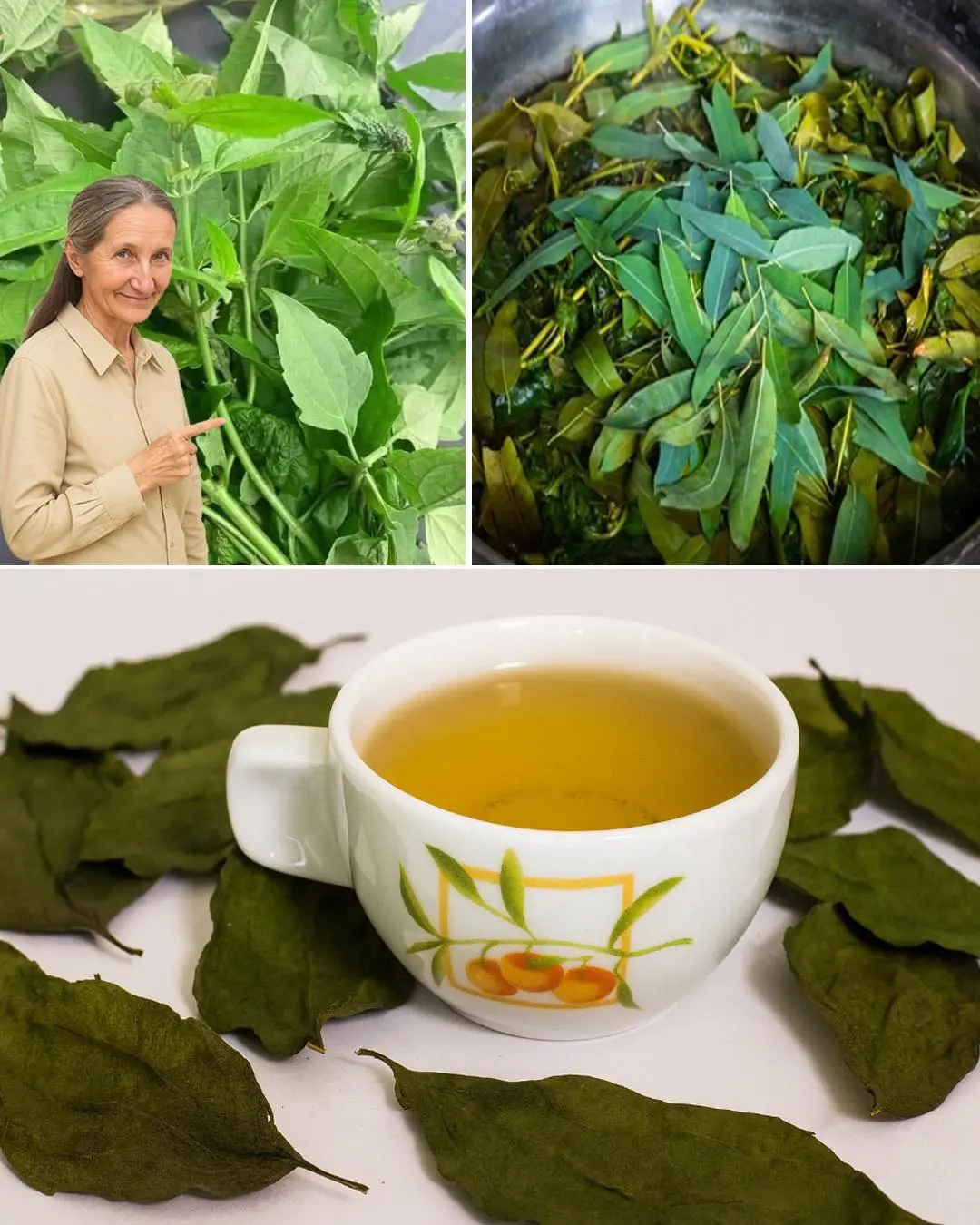
Siam Weed: A powerful remedy for multiple ailments

Strokes and heart attacks don’t give warnings. But this could help you fight back—before it’s too late
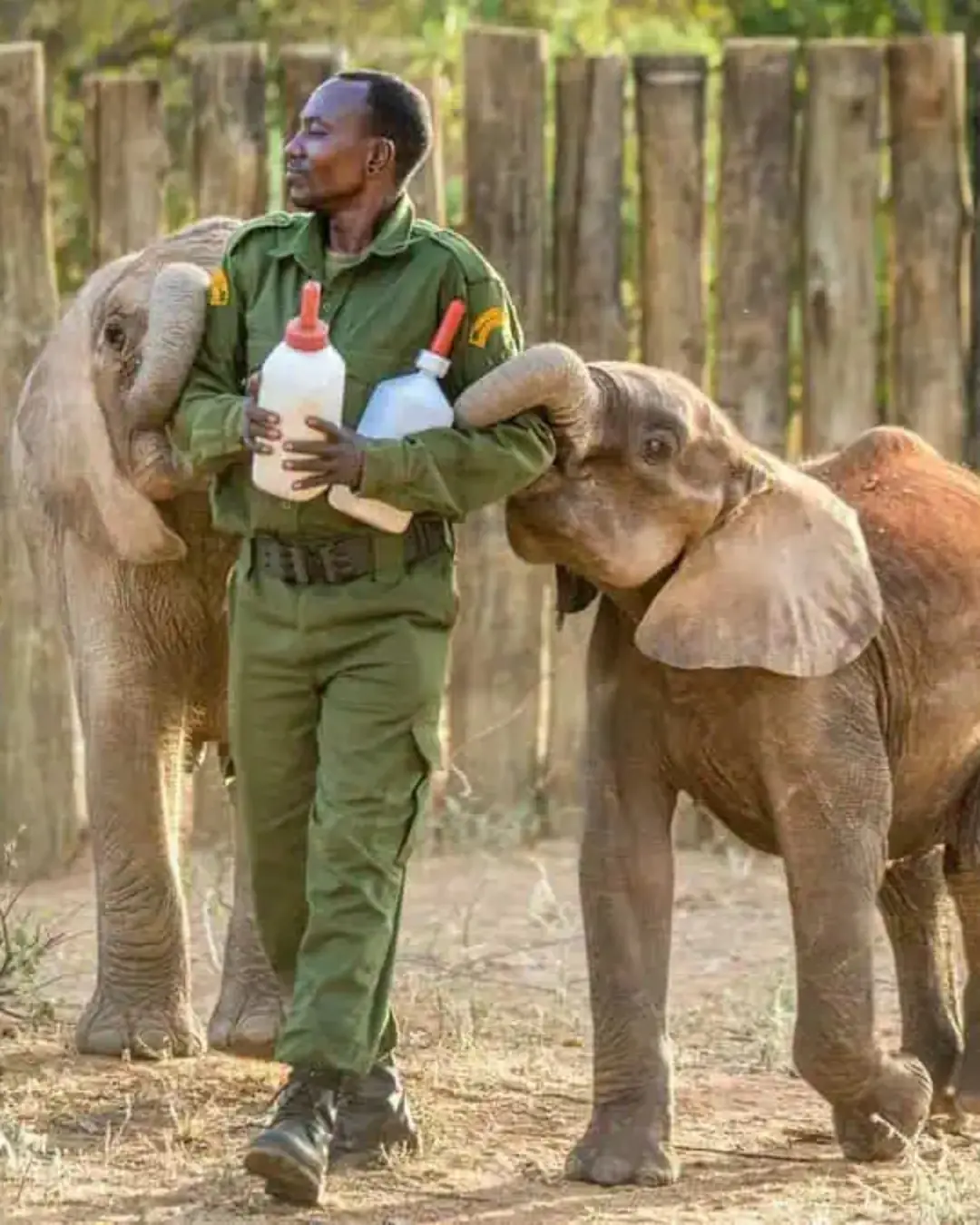
From Milk Bottles to Mud Baths: The Remarkable Journey of Raising a Baby Elephant.

The Mail Carrier Who Delivered a Second Chance.
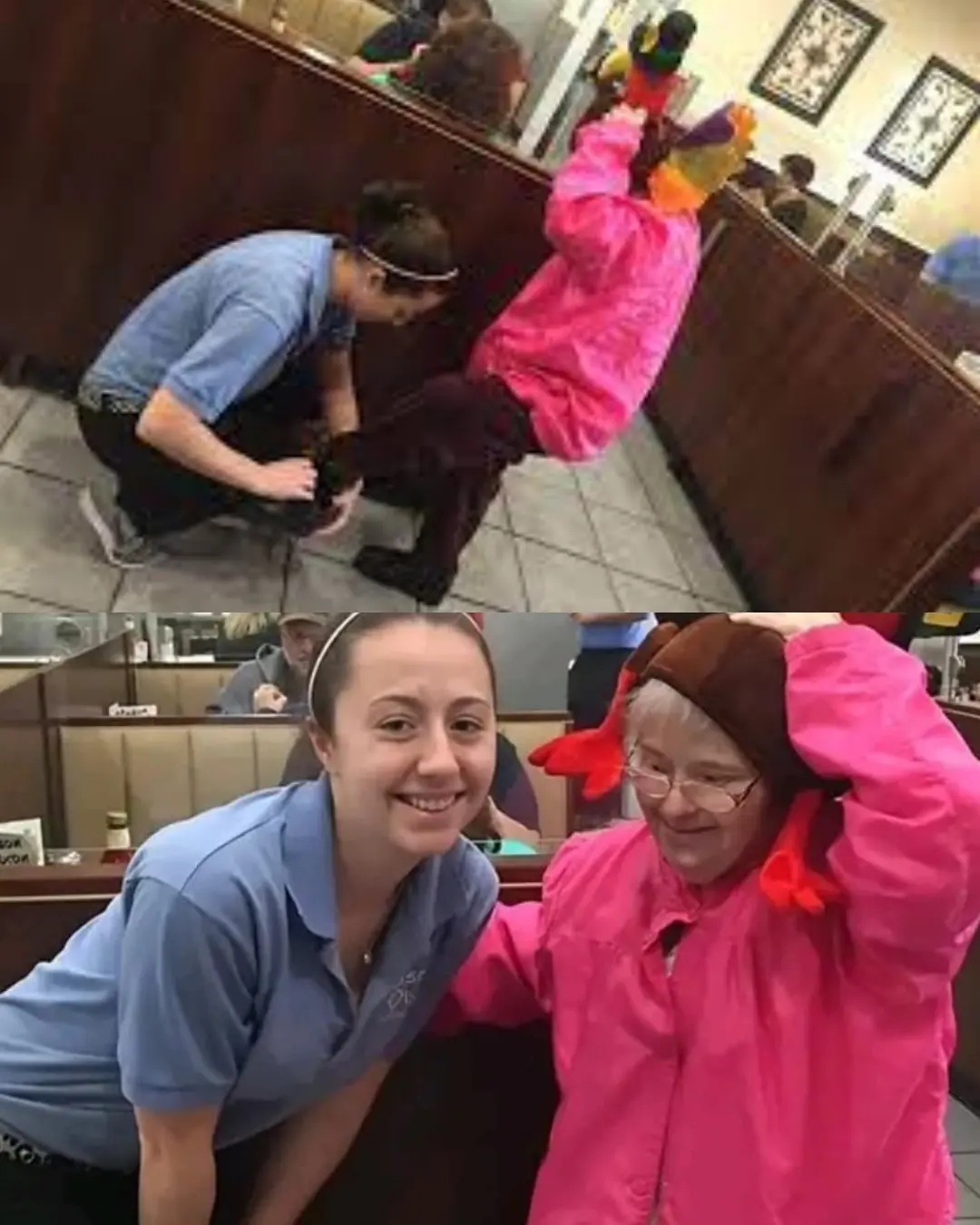
A Small Act of Kindness That Touched Everyone’s Heart.
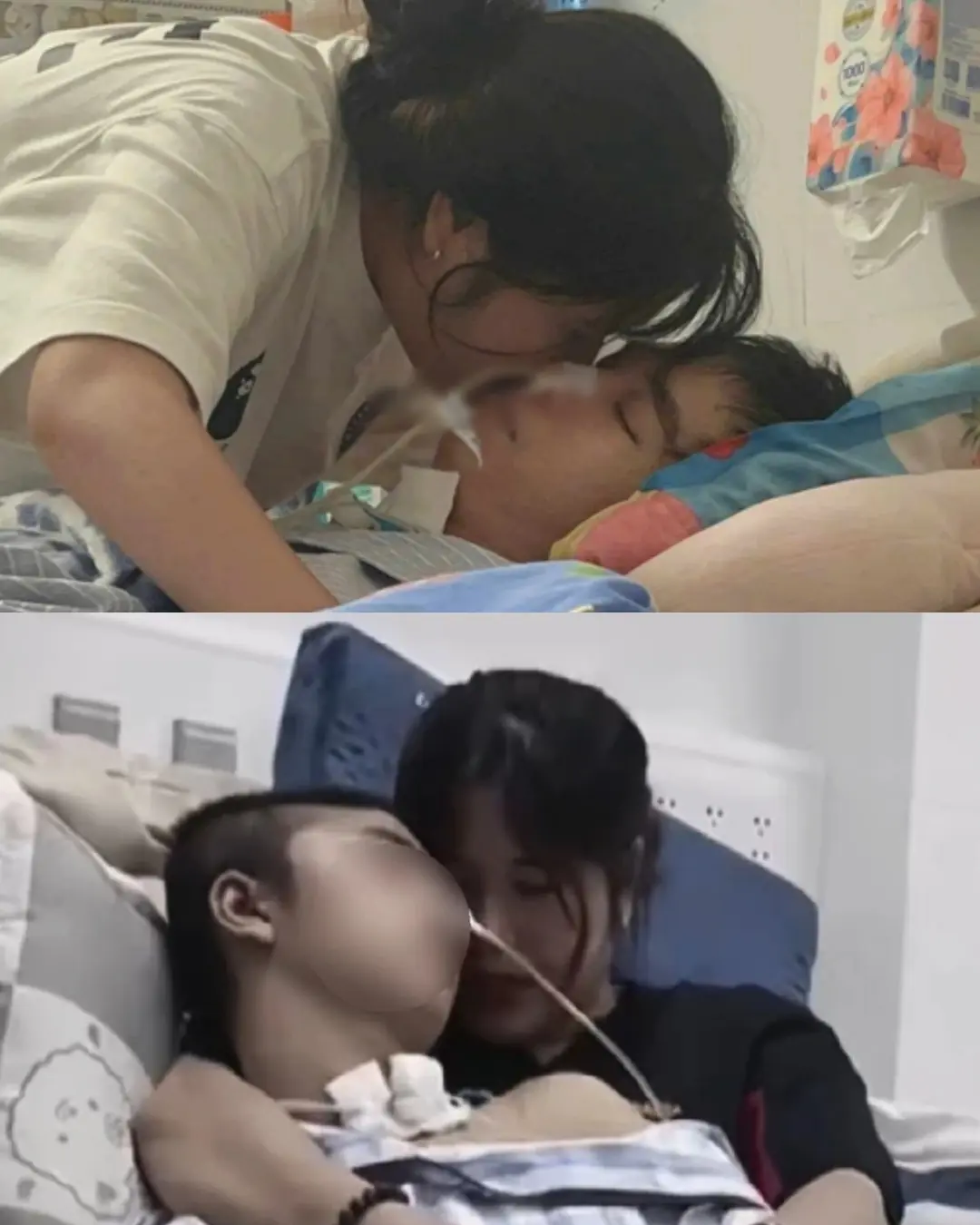
A Love That Refuses to Give Up.
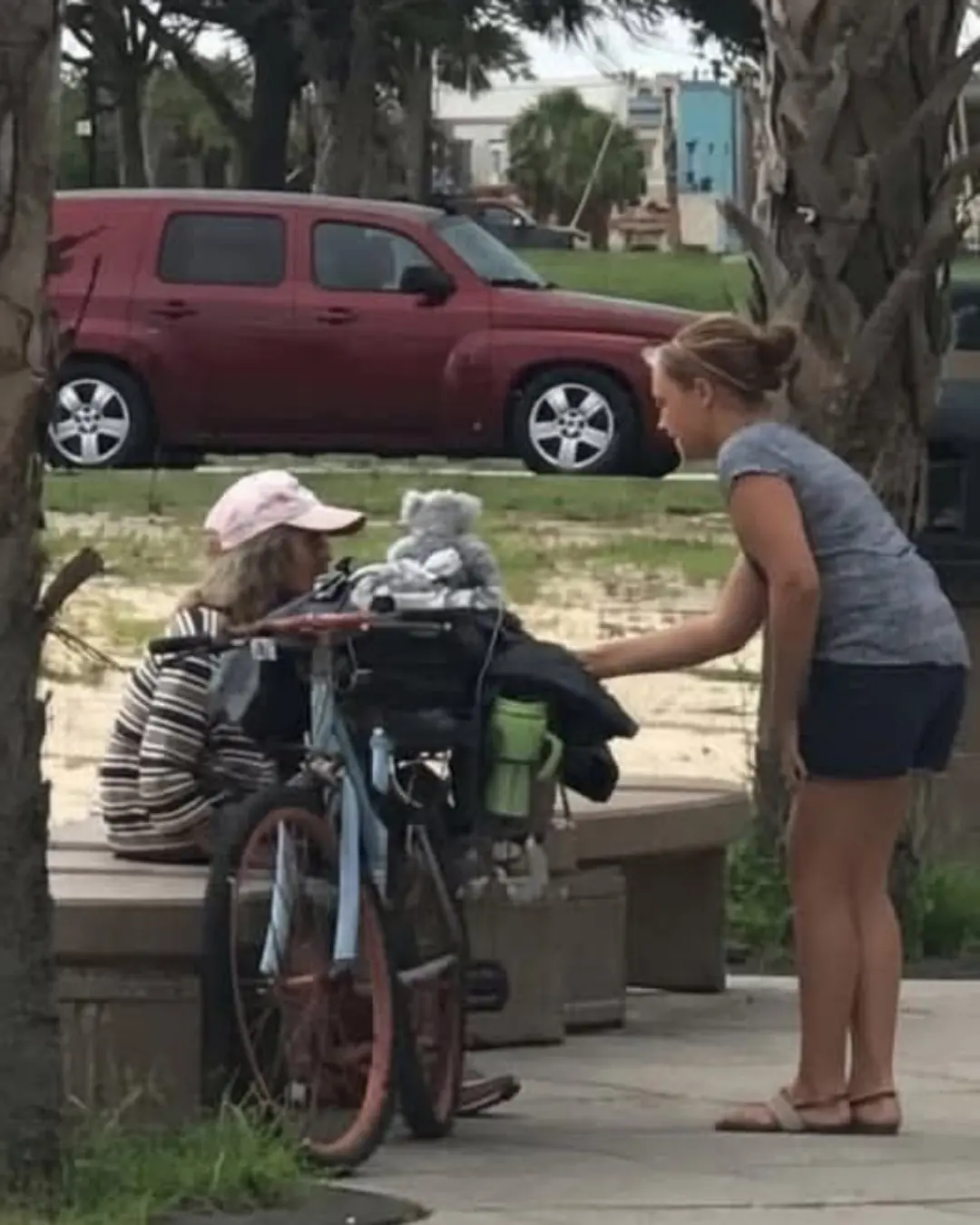
A $5 Lesson in Kindness That Changed a Father’s Heart.
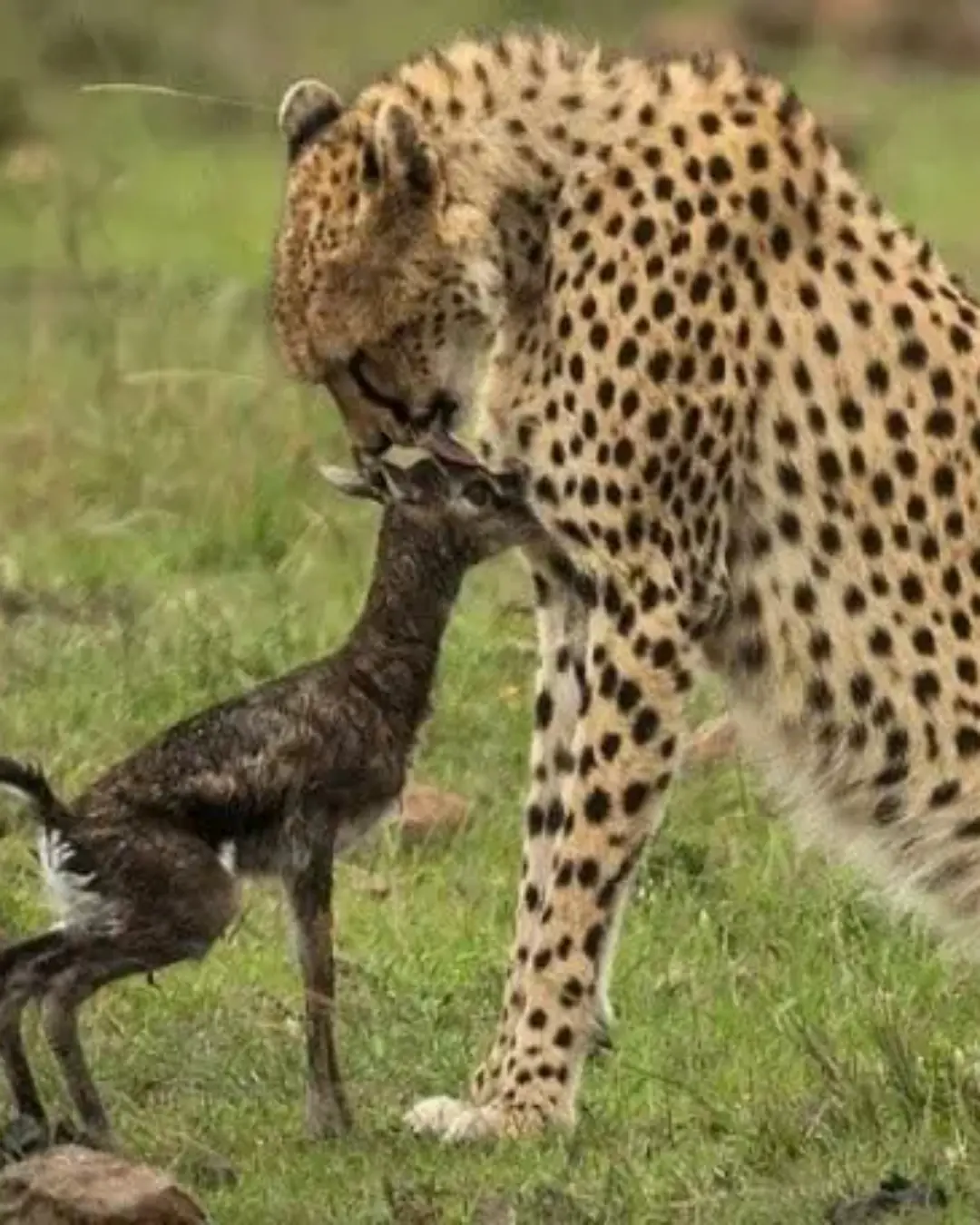
A Moment Between Life and Instinct: The Cheetah and the Newborn Gazelle.
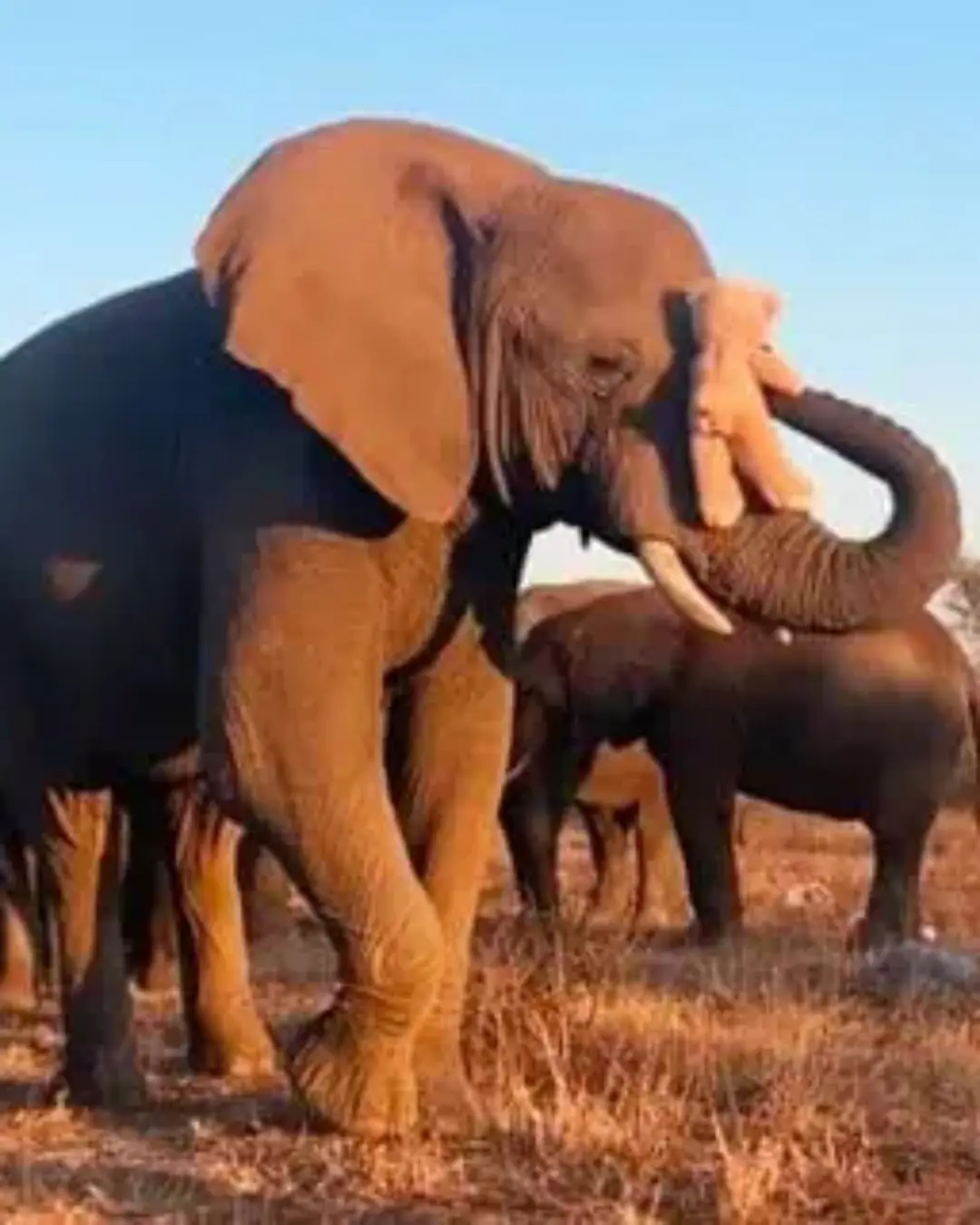
Do Elephants Have Personalities? A Student’s Heartfelt Study Reveals the Souls Behind the Giants.
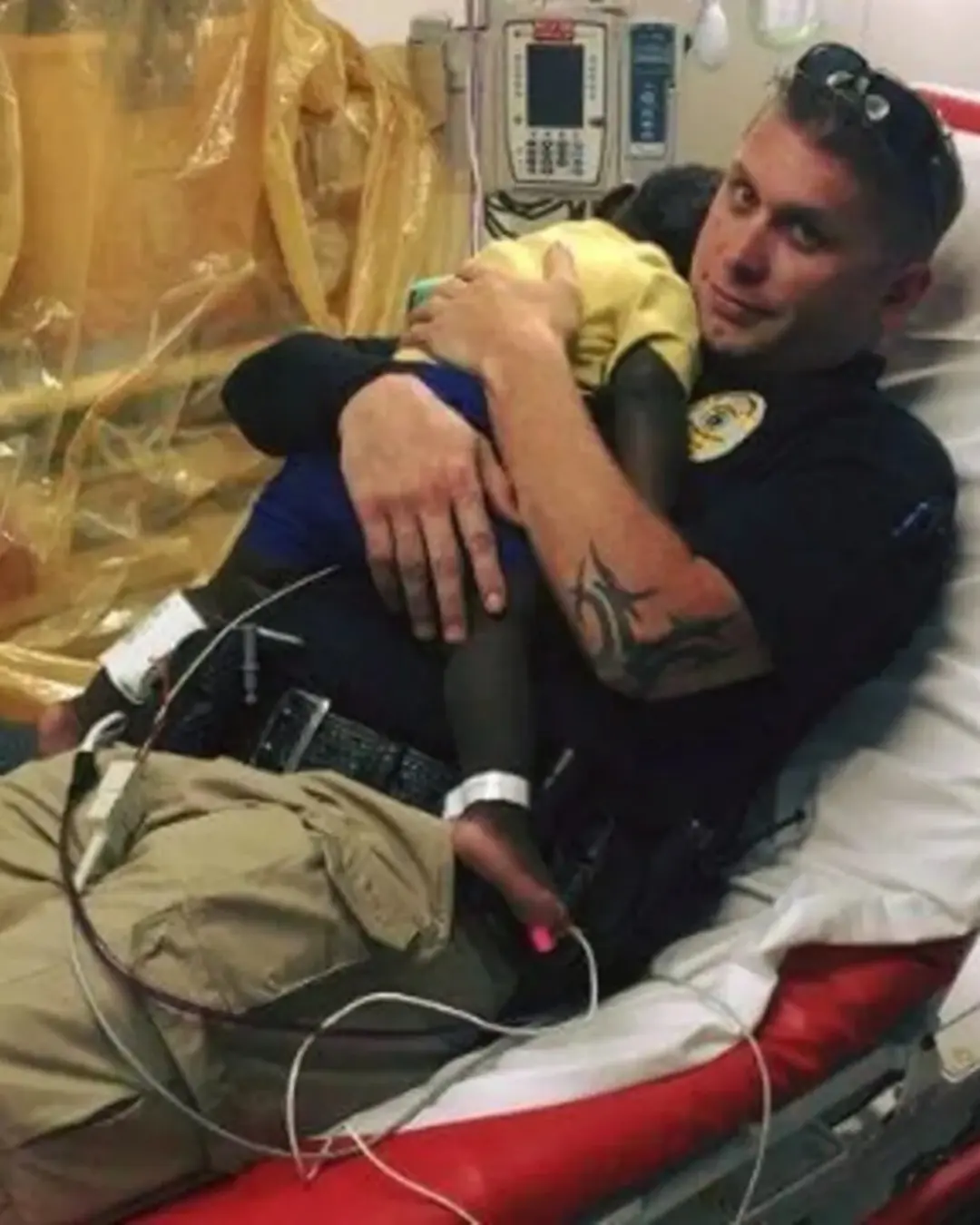
A Child’s Cry, An Officer’s Instinct.
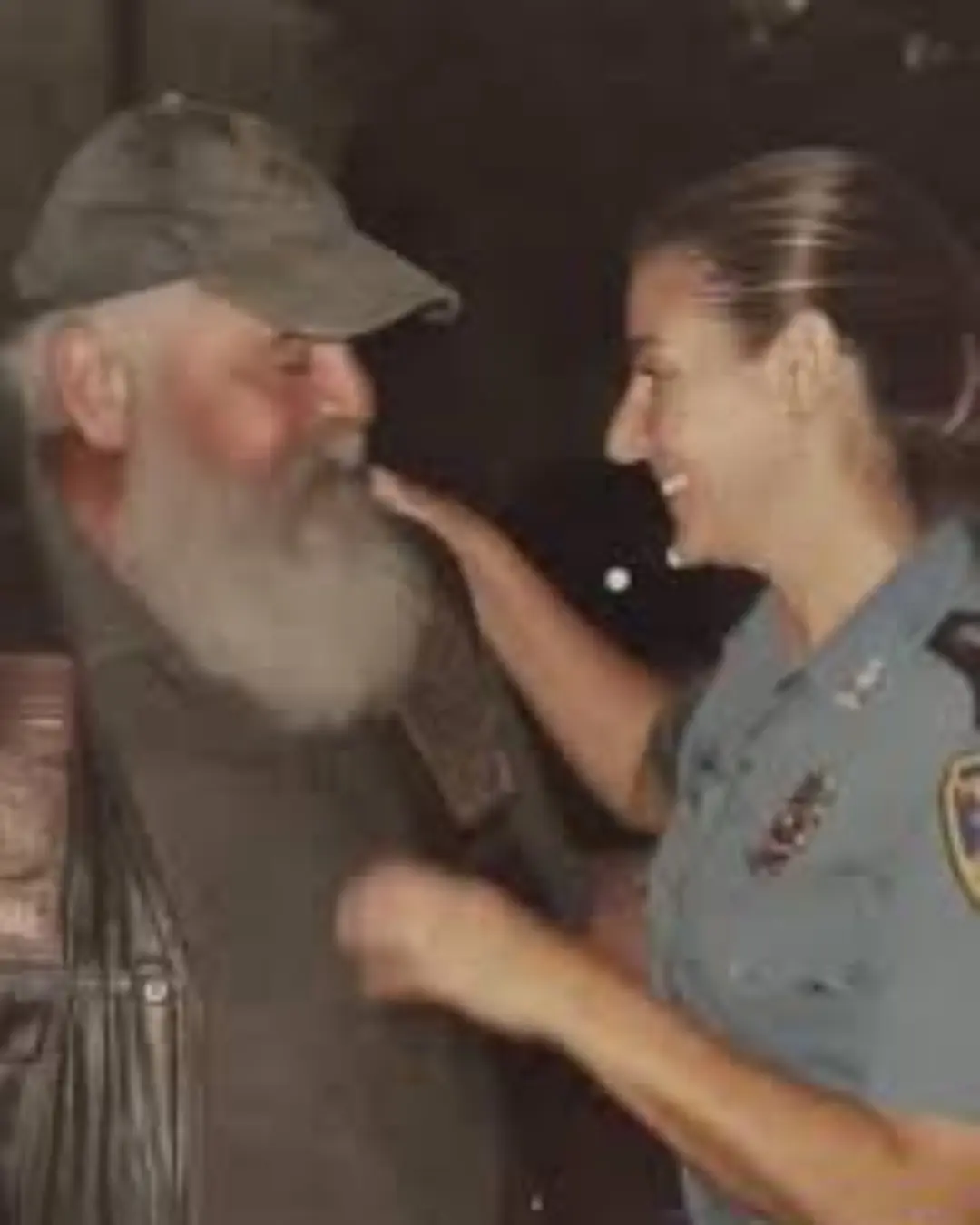
The Biker and the Cop: A Reunion After 31 Years.
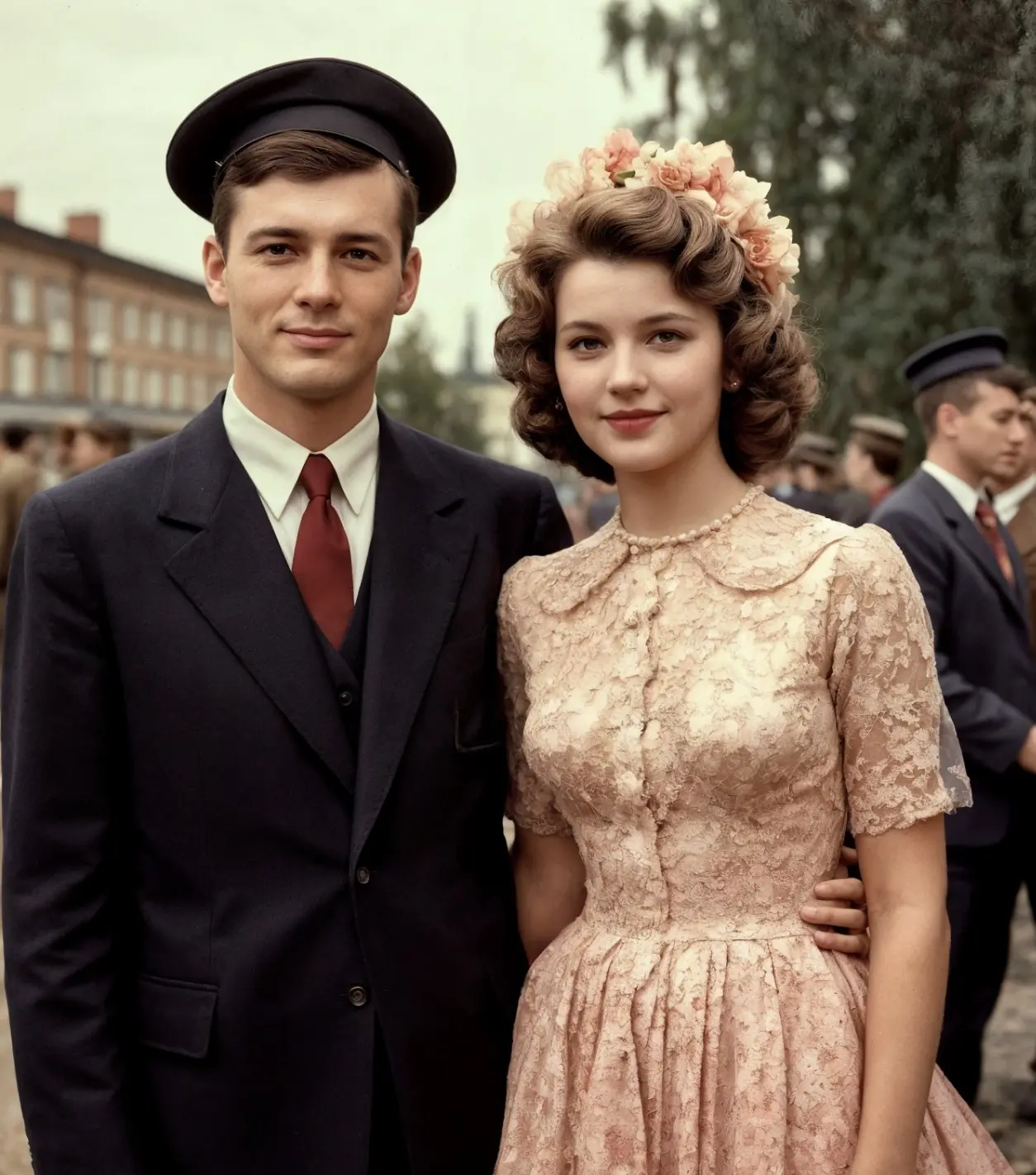
Their daughter disappeared in 1990, on the day of her graduation. And 22 years later, the father found an old photo album.

Love at First Sight — Maxim, look at that beautiful girl!
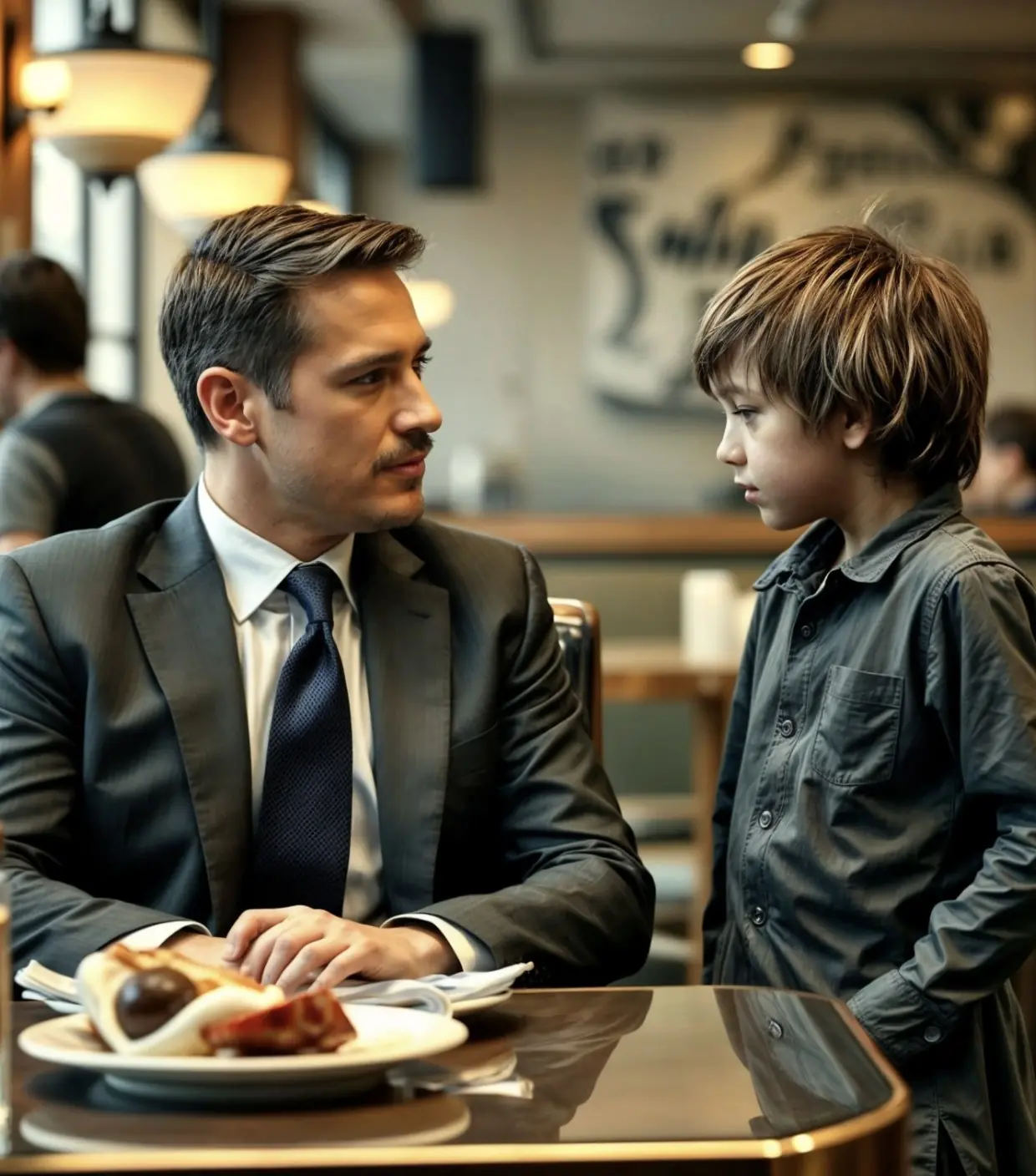
A wandering boy whispered a warning to a rich man — and unexpectedly their lives changed forever

— Anna Mikhailovna, please gather your personal belongings. You no longer work at the company.

A little girl by the tavern warned the bride about the groom, and three months later everything changed

The eight-year-old daughter uncovered the deception of her father’s fiancée after overhearing a conversation in French
